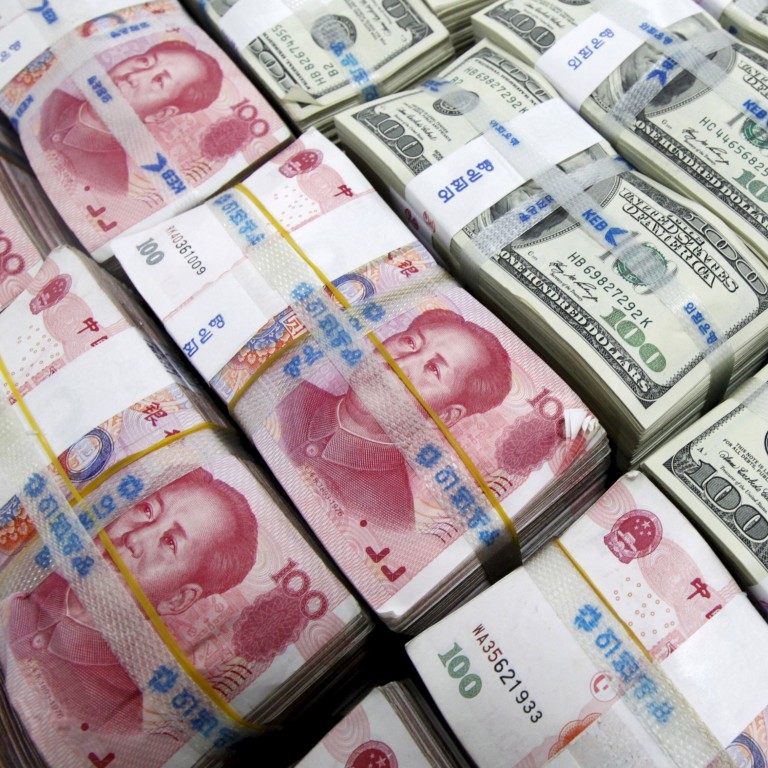
HSBC left off fundraising by China’s Ministry of Finance, first time since 2017
- HSBC has played a role since China returned to international debt markets three years ago
- HSBC says it has “good ongoing” relationship with Ministry of Finance
HSBC was left off of a list of more than a dozen banks chosen to manage a US$6 billion international sale of Chinese sovereign bonds this week for the first time since the country resumed issuing international debt three years ago.
It was not immediately clear why HSBC was left off the offering. A call to the finance ministry’s press office was not answered outside of working hours on Tuesday.
A HSBC spokesman declined to comment on specific deals, but said the bank had a “good ongoing working relationship” with the Ministry of Finance.
“As the leading foreign bank for G3 debt issuance in mainland China, HSBC is committed to supporting our clients and the opening up of China’s capital markets,” he said.
Nationalistic tabloid Global Times also has said HSBC could be included on an “unreliable entities” list being drafted by Beijing because of help it provided US prosecutors in an investigation into Chinese telecommunications giant Huawei Technologies.

The fundraising also marks another important step in expanding access to China’s financial markets to overseas investors.
China‘s government will market debt directly to US-based institutional investors for the first time since it resumed issuing international debt in 2018 after a 13-year hiatus.
The deal is expected to price on Wednesday and would be in line with last year’s issuance, which was about US$6 billion, according to the person.
Moody’s Investors Service assigned a A1 rating to China’s US-dollar debt on Wednesday, saying Beijing has institutional capacity combined with financial buffers to “offset the credit negative consequences of the coronavirus pandemic” in the near term.
“Over the longer term, China‘s credit strengths reduce the risks related to ongoing tensions between the US and China, a reshaping of global supply chains and demographic pressure,” Moody’s said in a statement on Tuesday.
Fitch Ratings separately assigned an A+ rating to the proposed offering,
Beijing is moving to open up its financial sector to foreign lenders and more overseas investors as it seeks to expand the adoption of the yuan as a trade currency.
Last year, the government approved rules allowing overseas companies to take control of their mainland China joint ventures in the asset management, insurance and securities sectors, spurring a series of deals this year.
China is also gradually opening up its US$16 trillion onshore debt markets to foreign investors.
Foreign investors held 2.8 trillion yuan (US$415 billion) of Chinese bonds at the end of August, with the Chinese bond market expanding by 40 per cent annually over the past three years. China is the world’s second-biggest bond market after the US, surpassing Japan in 2019.

